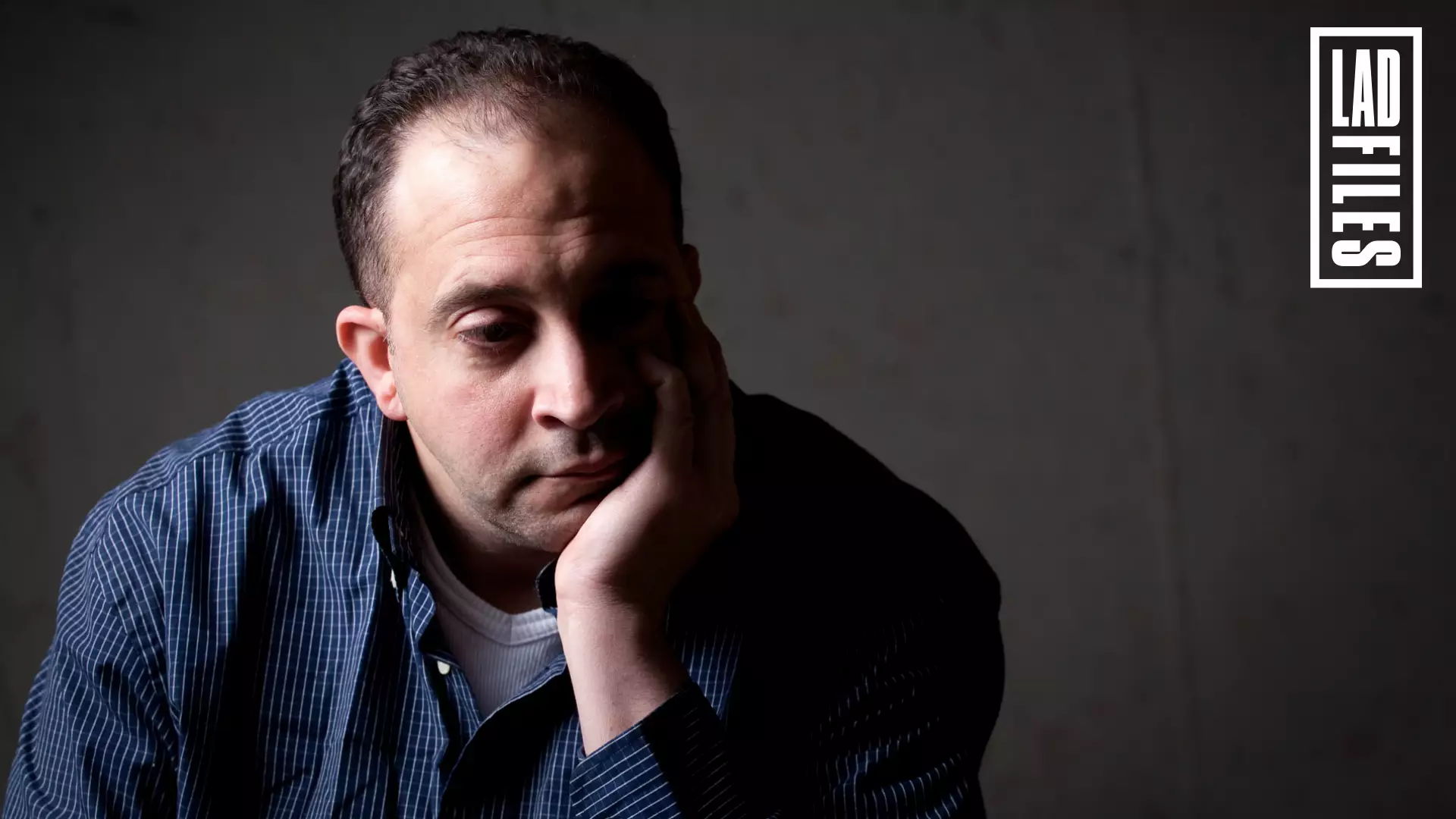
The Covid-19 pandemic has dramatically reshaped our planet.
Beyond the most stark and bleak impact of more than half a million deaths - a figure which continues to rise by the day - the disease has also done untold long-term damage to our societies.
Governments across the world have been forced to implement lockdowns of varying lengths and severity, which have both severely hit economies and tormented us mentally.
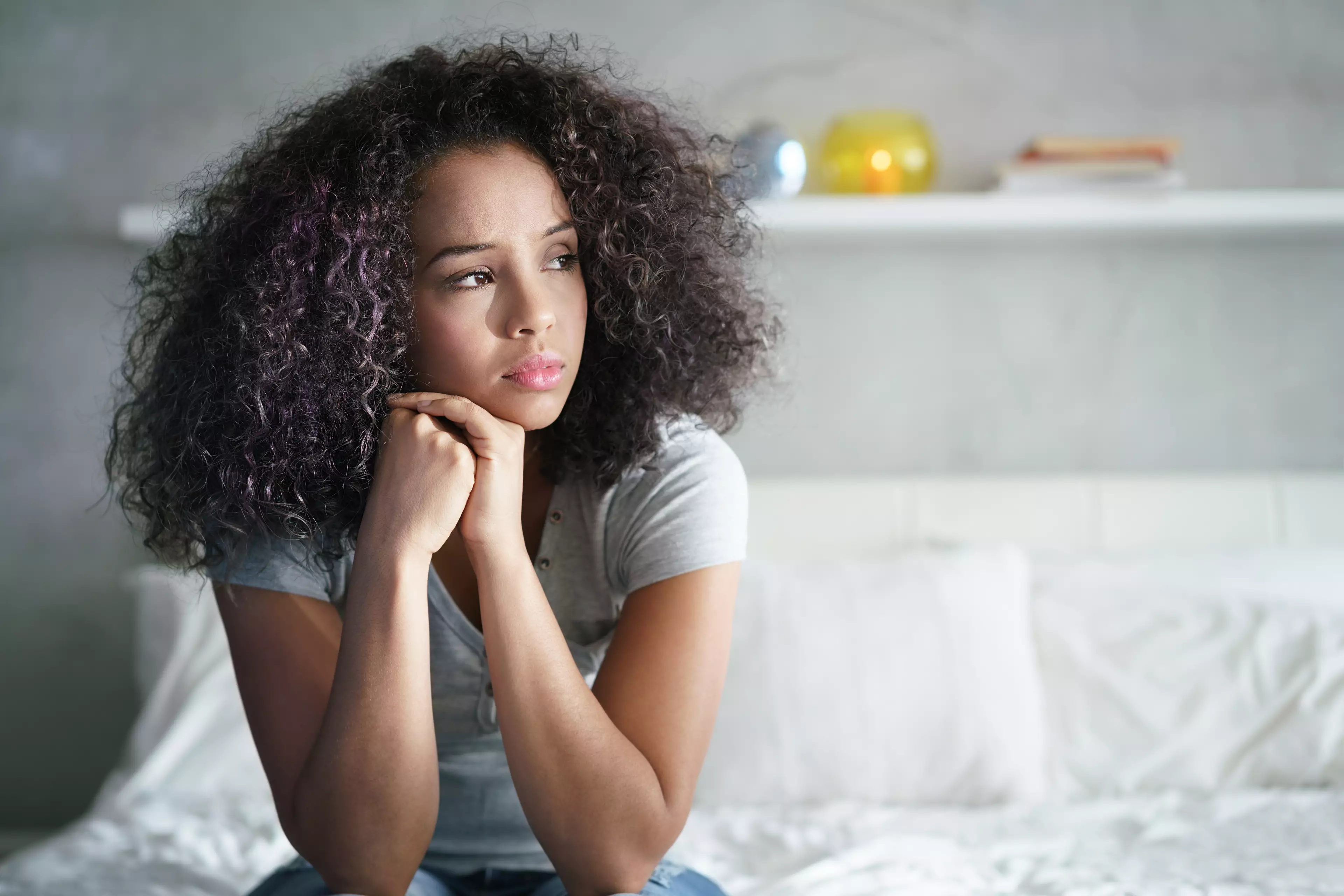
Living through such a prolonged period of isolation and anxiety has posed an unprecedented challenge to our well-being, and even as lockdown measures ease in many places, the aftershocks of this ordeal are likely to ripple on for a long time to come.
Advert
But while the true extent of the psychological damage caused by this pandemic is impossible to gauge, there are things we can do as individuals to safeguard our own mental health during these unprecedented times.
Speaking to LADbible, psychologist Dag Härdfeldt said: "Many people have never faced an adversary like Covid-19 before. It can be a daunting, frightening, and confusing experience. It can trigger an enormous amount of stress, anxiety, worry and doubt about the future, and although this may - to a certain degree - be warranted, one must not forget that human beings are extraordinarily adaptable creatures.
"Natural selection favours adaptability - and the fact that humankind has come so far is a testimony to our incredible ability to adapt to, and overcome, sudden changes in our environment.
"So my first advice is to not get carried away with catastrophic thoughts about the apocalypse - and instead remind your worried mind that the Covid-19 virus is being handled by the most capable species on Earth.
Advert
"It's also worth reminding yourself that at no point in history has the science of medicine been as advanced as it is right now. Healthcare is also more available and efficient, through means of digital health care for example, so boost your faith by taking advantage of the opportunities at hand."
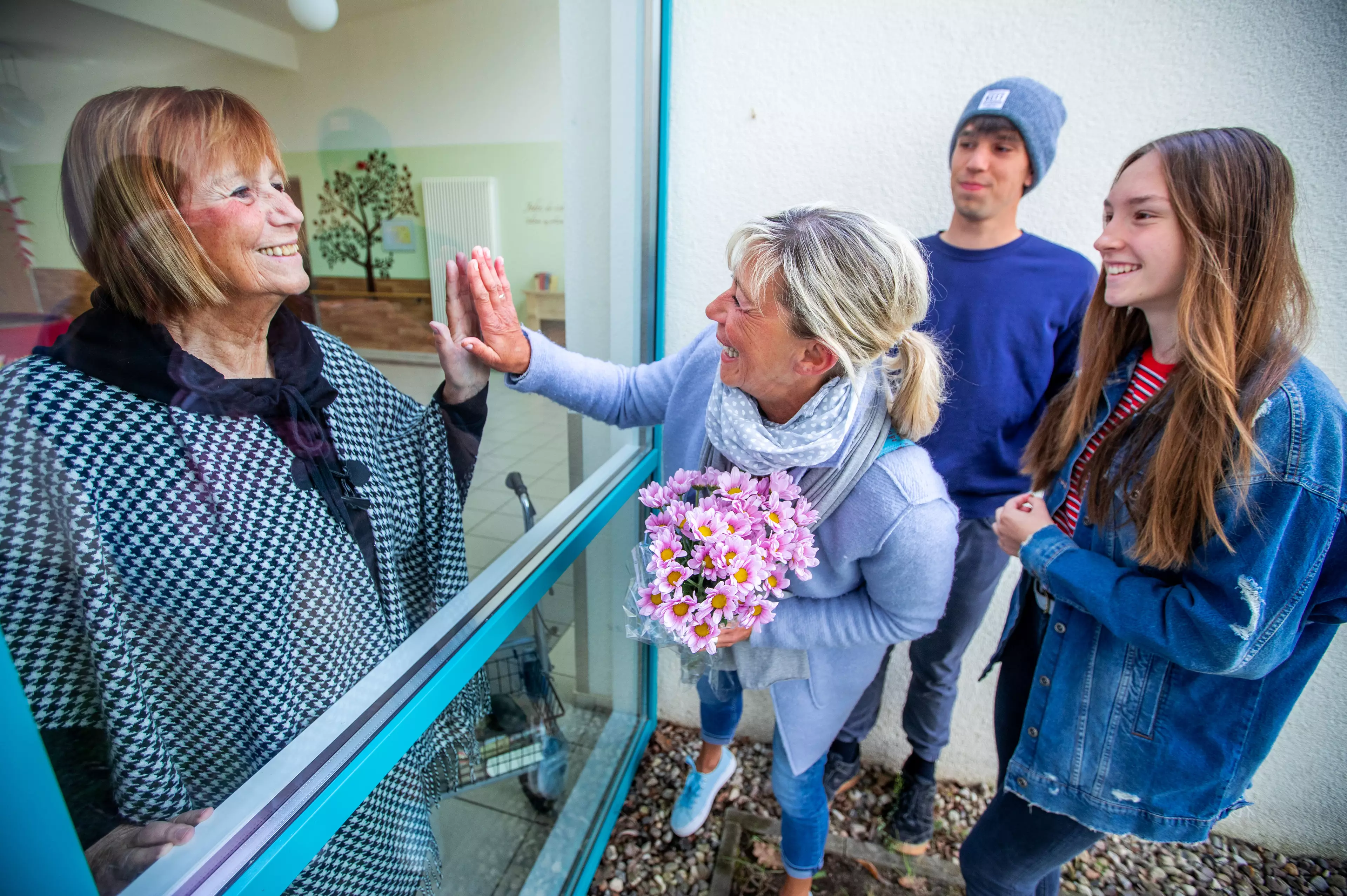
Furthermore, while we may be creatures of habit, it could actually be more stressful to try and establish control and routine during such fluctuating times.
Härdfeldt said: "In general, people aim to avoid the discomfort of uncertainty, but research has shown that accepting the uncertainty, rather than avoiding it, is more beneficial for our mental health in the long run.
Advert
"In more practical terms this means accepting the fact that Covid-19 is still an elusive enemy - and that the recommended precautions are educated guesses at their best - not clear cut solutions. Educate yourself and form your own opinions. Accept the uncertainty, and try to work with what is available at the moment.
"Essentially, acceptance is the way forward when dealing with uncertainty. As a concept in Cognitive Behavioural Therapy (CBT), acceptance is about experiencing things as they are to their fullest extent, without attempting to avoid the more painful aspects of them and maintaining a focus on improving the aspects that are open to change.
"Refocus on the aspects you can control, keep yourself updated and informed, and seek professional help when available."
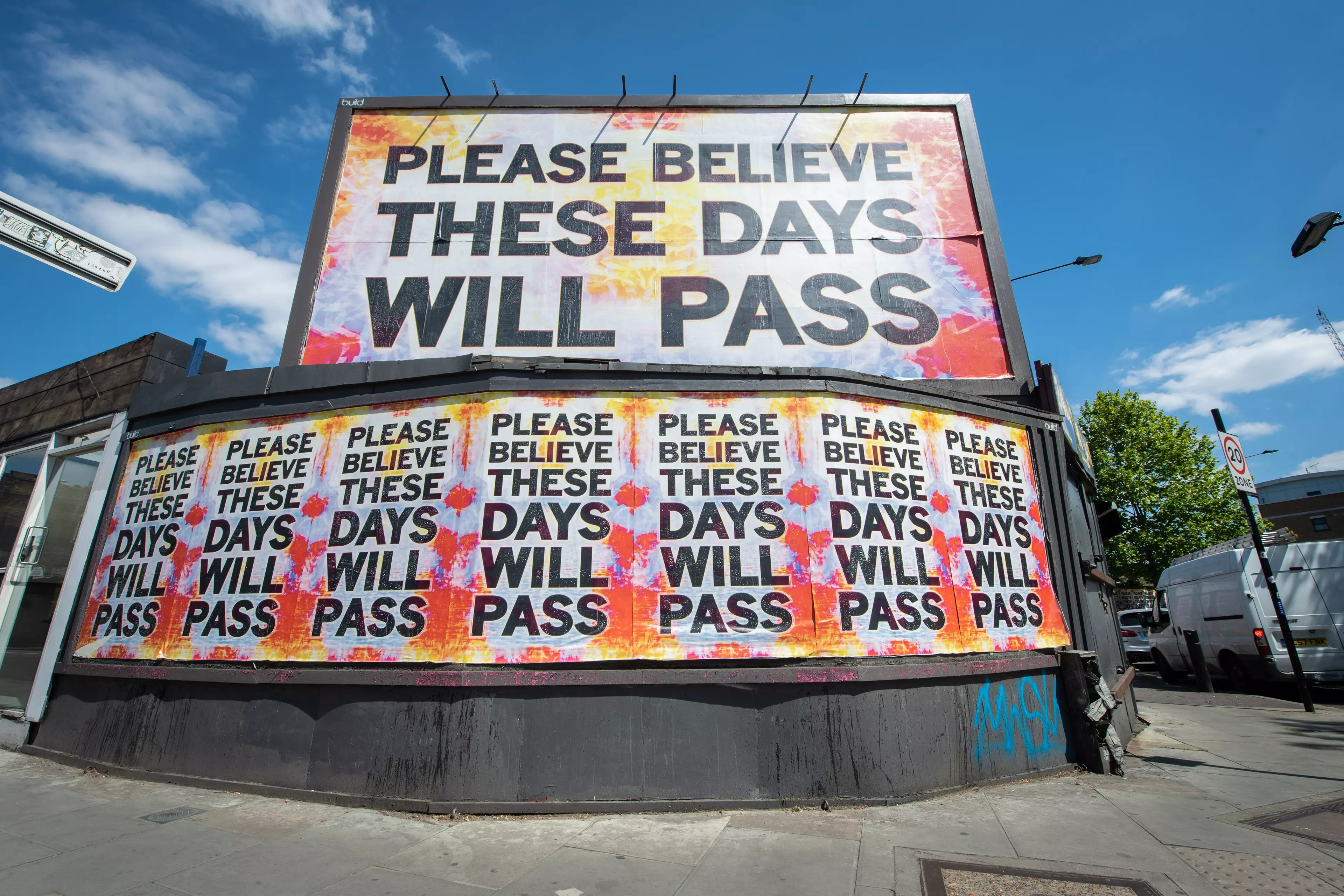
With so many transformations taking place in the world around us, it is natural to focus on the things we have lost. However, while it is true to say we have all lost things of varying value as a result of the pandemic, it is also true to say we have all gained things we didn't have before.
Advert
"As such, if we can re-calibrate our outlook so that we appreciate what we have, rather than lament what we do not, then the world around us will appear brighter."
Härdfeldt explained: "The benefits of quarantine and social distancing can be quite difficult to perceive and experience, when compared to the more apparent cons. This might lead to a state where we stop doing things that are more beneficial for us in the long run - because the 'medicine' might feel worse than the 'disease'.
"A scientifically supported technique to mitigate this problem is to practice gratefulness. This means accepting the fact that our mind is naturally more inclined to focus on the things that are lacking in our lives, rather than the things that are present.
"It means accepting the harsh reality of Covid-19, but at the same time accepting it with an effort to focus on the positive aspects of the sudden changes that have been forced upon us.
Advert
"For example, working from home can feel claustrophobic and can weigh on our relationships - but you might also be 'missing out' on crowded commutes, boring lunch conversation with coworkers and other demanding social obligations.
"Practising gratefulness has repeatedly been linked to a heightened sense of well-being - and in times like these, when everything may seem so hopeless, we might need to make an extra effort to appreciate the things we have."
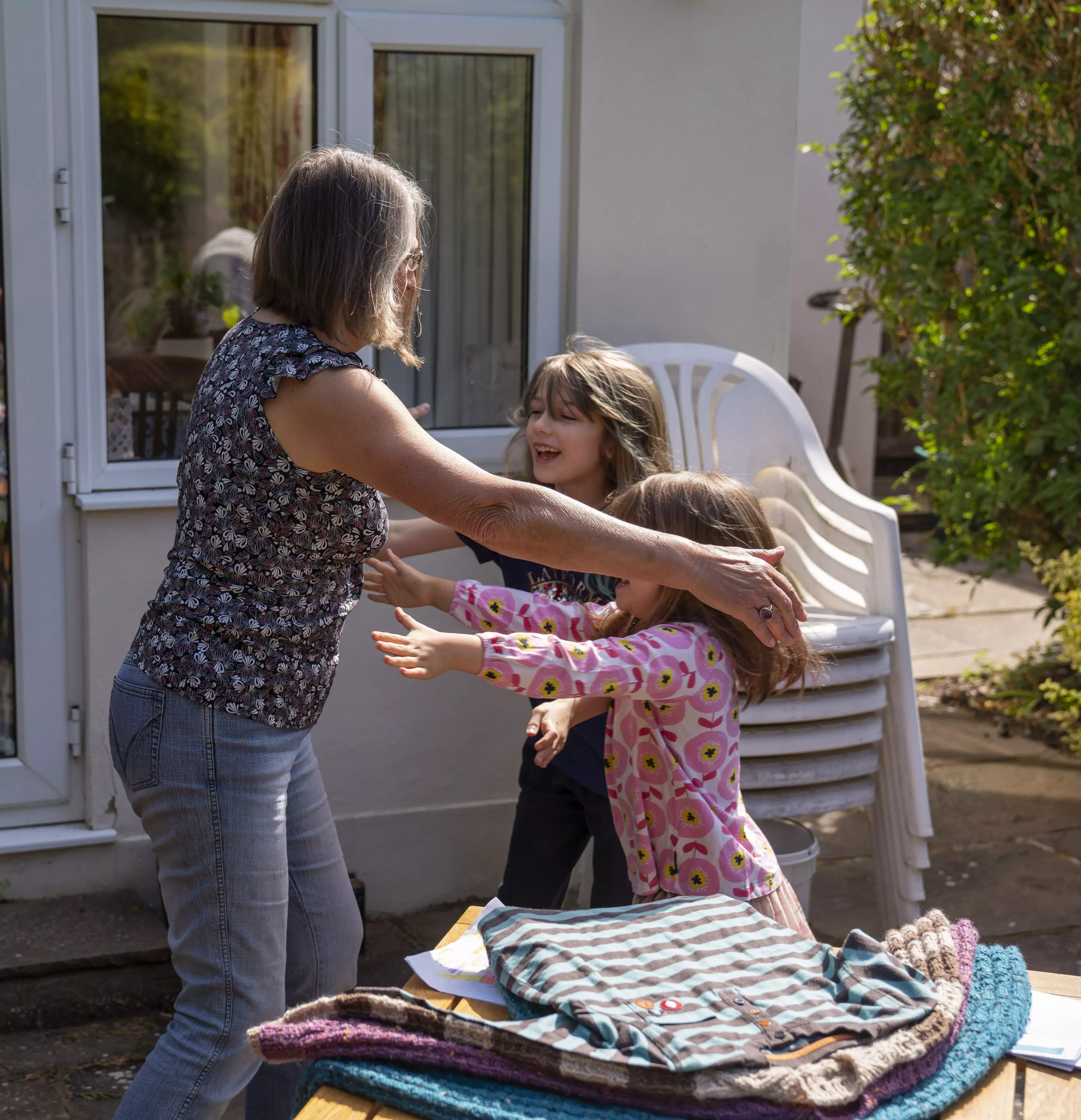
Indeed, while it currently may seem difficult to fathom, Härdfeldt thinks the pandemic could have enduring positive impacts on both an individual and a global scale.
He said: "One definition of a crisis is that it is a problem that can only be solved by tools we haven't discovered yet - or rather, that our current tools at hand are not sufficient enough, therefore we need to develop new ones.
"In regards to this, I would like to mention the term post-traumatic growth, which has been poised as an alternative to resilience. Where resilience indicates our ability to return to status quo, post-traumatic growth indicates our ability to grow beyond, rather than return to a previous state. To reach a different state, a state where we can say, 'This trauma caused us great harm and suffering, but by the end of the day, I consider us to be better off because of it'.
"I do believe this pandemic opens up great possibilities for post-traumatic growth, both for us as individuals, but also for society as a whole."
He continued: "Another possible positive effect of this pandemic - and an indication of post-traumatic growth - is a healthy re-evaluation of our priorities and increased appreciation of things we have taken for granted.
"I've conversed with a lot of patients who have expressed new found appreciation and gratitude for the small things in life, like being able to walk in the park or just being able to visit their family.
"Hopefully, we can all come out of this pandemic with a heightened sense of appreciation for the small pleasures life brings us."

It is important to remember though that every one us has experienced lockdown differently. For some of us, its effect on our mental health will be palpable and immediate, for others it may only become clear further down the line.
Härdfeldt believes the enduring impact of lockdown on our mental health will be 'studied and examined for decades to come', but one way in which he thinks we may been affected is through the development of 'learned helplessness'.
The concept has been about for decades and could be applied to societies en masse during the pandemic
Explaining the concept, Härdfeldt said: "Learned helplessness is a state of depression and passivity that can occur when certain people have been conditioned to believe that their actions have no meaningful impact on the outcome of their situation.
"The state was discovered and conceptualised in the 1960s by a psychologist named Martin Seligman, through a series of rather cruel experiments on dogs. By administering electrical shocks to the animals at random intervals - effectively removing the option to avoid punishment - Seligman and his team witnessed how the animals eventually stopped trying to avoid electrical shocks, even in subsequent experiments where the option to avoid electrical shocks was available."
He continued: "On the surface level, the link between Covid-19 and learned helplessness might not be an obvious one. But if you look a bit closer, you might find more than a few similarities between our situation and Seligman's dogs.
"For starters, we are both playing with an arbitrary rule-set. When the chances of winning seem completely random, we eventually lose interest in developing strategies to succeed. Unfortunately, when it comes to handling the pandemic, the recommended strategies by public health authorities have drastically differed, depending on time and location.
"This general lack of direction to trust and follow can be immensely detrimental for the human psyche. Arbitrary game rules can lead to a sense of constant failure to control unwanted events - which in turn may lead to learned helplessness. Both anxiety and depression are linked to learned helplessness in the sense that both reduce our perceived ability to control unwanted occurrences.
"Still, there are things we can do to take control of our situation and conquer our feelings of vulnerability."
You can hear Härdfeldt discuss the concept of learned helplessness in more depth on the War On Cancer podcast.
Here's a list of the leading mental health helplines and services that are just a call away in the UK:
- Samaritans are there 24 hours a day, 365 days a year, and will talk to you about anything that's bothering you. You can call 116 123 (free from any phone), email [email protected] or visit some branches in person. You can also call the Welsh Language Line on 0300 123 3011 from 7pm to 11pm every day.
- The Mix take calls from under 25s on 0808 808 4994 from Sunday to Friday, 2pm to 11pm. You can request support by email using the form on The Mix website or using their crisis text messenger service.
- Papyrus HOPELINEUK is there for under 35s struggling with suicidal feelings, or those who are concerned about a young person who might be struggling. You can call them on 0800 068 4141 on weekdays from 9am to 10pm, on weekends from 2pm to 10pm, and on bank holidays from 2pm to 10pm. You can also email [email protected] or text 07786 209 697.
- The Campaign Against Living Miserably (CALM) caters specifically to males on 0800 58 58 58 from 5pm to midnight every day. Alternatively, you can use their webchat service.
- The Nightline website allows students to see if their university or college offers a night-time listening service. Nightline phone operators are all students too.
- Switchboard is there for people who identify as gay, lesbian, bisexual or transgender and can be reached on 0300 330 0630 from 10am to 10pm every day. You can also email here or use their webchat service. Phone operators all identify as LGBT+.
- The Community Advice and Listening Line (C.A.L.L). is available for those who live in Wales and can be contacted on 0800 132 737, which is open 24/7. You can also text 'help' followed by a question to 81066.
UOKM8? is a campaign by LADbible, featuring films and stories that provide advice and inspiration on mental health. Explore more here and don't suffer in silence. Let's talk mental health.
Featured Image Credit: StoryblocksTopics: lad files, lockdown, Mental Health, Interesting, UOKM8?, Coronavirus